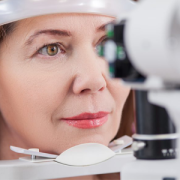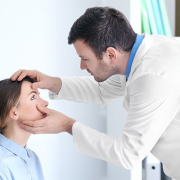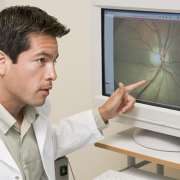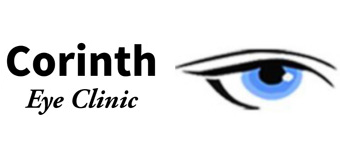How Do I Know If I Have an Eye Misalignment?
If you have an eye misalignment, it’s not because one of your sockets isn’t symmetrical with the other. It refers to a misalignment of your vision. Sometimes referred to as cross-eyed and occurring most commonly in children, eye misalignment, AKA strabismus, has a few symptoms that you should know.
Signs of Eye Misalignment
Eye misalignment typically manifests in one or more of the following:
- Visual abnormalities: You can identify this condition without any help from an eye doctor in Corinth, MS. If one eye points one way and the other one points in a different direction, whether it’s across, up, or down, this is the most obvious sign of misalignment.
- Double vision: If the eye has to process two separate images, it can appear to a person as though they’re seeing two of the same object.
- Depth perception struggle: Misaligned eyes can result in one dominating the other. When you can only perceive objects with one eye, you’ll struggle to see how far apart one object is from another.
Does Eye Misalignment Only Occur in Children?
No. While eye misalignment is more common in children, it can happen at any age. Kids may not notice the problem at first, and if they don’t have any obvious signs, parents may not notice it either. If your kid does have double vision, they close one eye or tilt their head.
What’s the Treatment for Strabismus in Corinth?
The treatment for eye misalignment includes anything from eye patches to surgery to medications to corrective lenses, and this is true regardless of the age of the patient. More often, though, an eye doctor concentrates on vision therapy to correct the problem, which uses eye exercises to bring the eyes into alignment and strengthen the link between the visual focus and the brain.
If you think your child has a misalignment, a pediatric eye exam in Corinth should be your next stop. Eye misalignment may not be taken seriously by everyone, but left ignored, it can result in anything from eye fatigue to difficulty keeping up in school. At Corinth Eye Clinic, our staff is here to help you tackle the problem head on!









